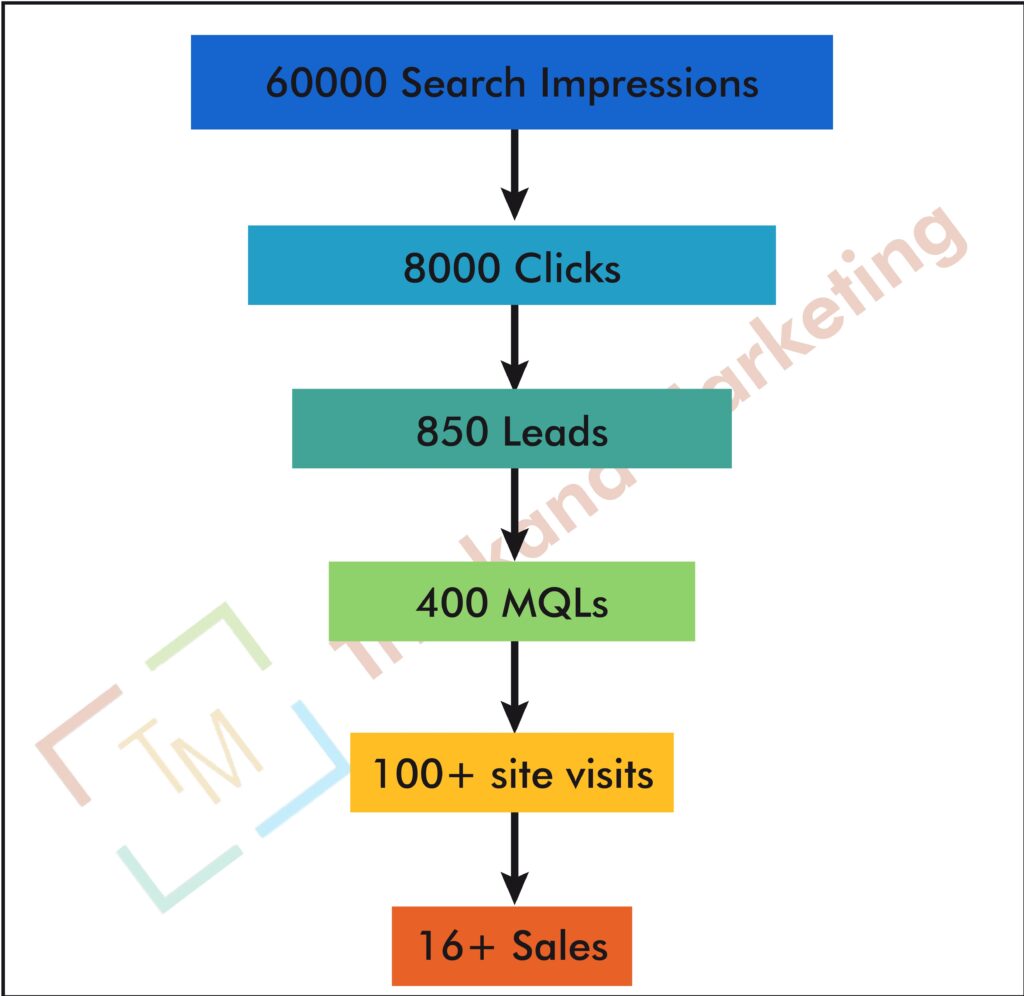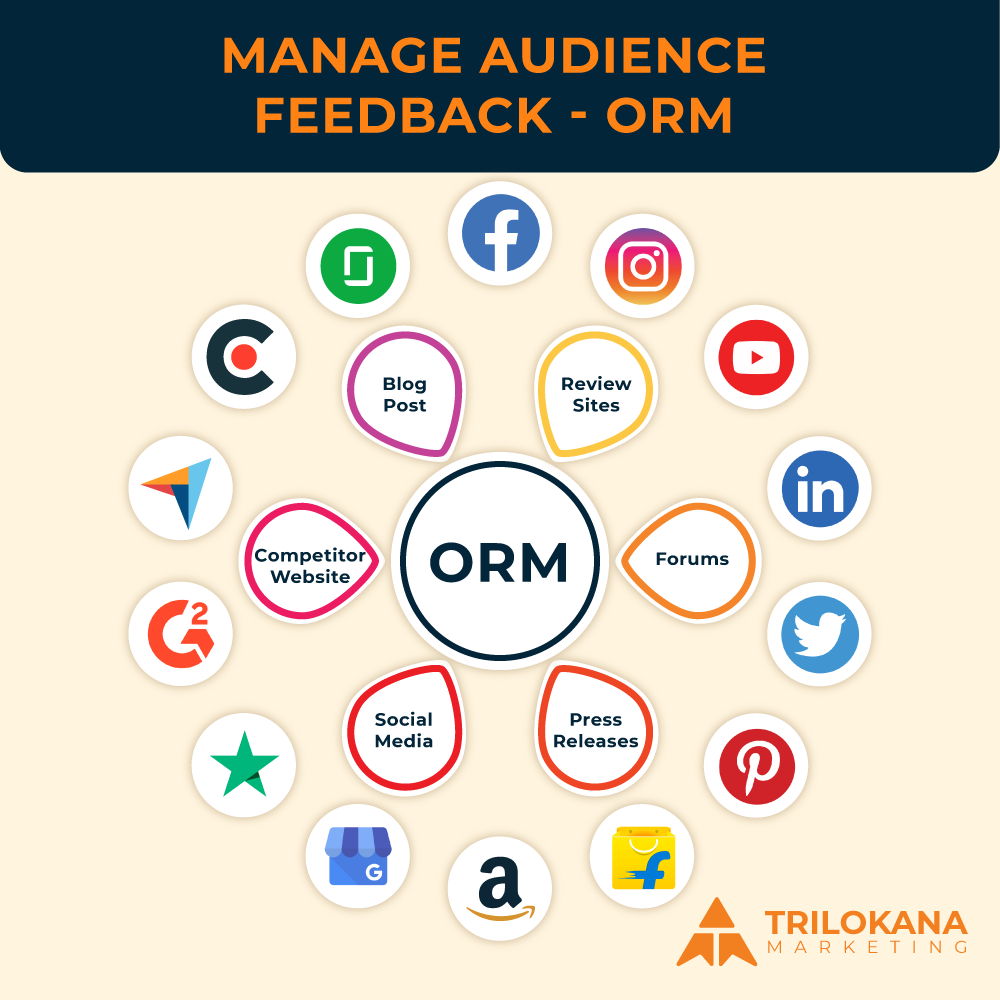In the fast-paced world of digital marketing, staying ahead of the competition requires innovative strategies and cutting-edge technology. Artificial Intelligence (AI) has emerged as a game-changer, transforming how businesses approach marketing. From personalized customer experiences to predictive analytics, AI is not just a buzzword—it’s a revolution that is reshaping digital marketing strategies across industries.
In this comprehensive guide, we will explore how AI is revolutionizing digital marketing strategies in 2024, the benefits it brings, and how businesses can leverage AI to achieve unprecedented success.
The Rise of AI in Digital Marketing
1.1 The Evolution of AI in Marketing
AI has come a long way since its inception, evolving from a concept in science fiction to a practical tool used in everyday marketing. Initially, AI was limited to simple automation tasks, but today it powers complex algorithms, machine learning, and data-driven decision-making.
1.2 Why AI is Essential for Modern Marketing
AI’s ability to process vast amounts of data and generate actionable insights makes it an essential component of modern marketing. It enables businesses to understand customer behavior, predict trends, and deliver personalized content, leading to higher engagement and conversion rates.
Personalization at Scale
2.1 The Power of Personalized Marketing
Personalization has become the cornerstone of effective digital marketing. AI enables marketers to create highly personalized experiences for customers by analyzing their preferences, behaviors, and interactions across multiple channels.
2.2 AI-Driven Customer Segmentation
AI allows businesses to segment their audience more precisely than ever before. By analyzing data such as purchase history, browsing behavior, and social media interactions, AI can create detailed customer personas, enabling marketers to target specific segments with tailored content.
AI-Powered Content Creation and Curation
3.1 Automated Content Generation
AI has revolutionized content creation by enabling the automated generation of text, images, and even videos. Tools like GPT-4 can generate high-quality content that resonates with the target audience, reducing the time and effort required for content creation.
3.2 Content Curation for Enhanced Engagement
AI can also curate content by analyzing trends and user preferences, ensuring that the most relevant and engaging content is delivered to the audience. This enhances user experience and keeps customers engaged with the brand.
Predictive Analytics and Data-Driven Decision Making
4.1 The Role of Predictive Analytics in Marketing
Predictive analytics uses AI to analyze historical data and predict future outcomes. This allows marketers to make data-driven decisions, optimize campaigns, and allocate resources more effectively.
4.2 Real-Time Data and AI Insights
AI enables real-time data analysis, providing marketers with up-to-the-minute insights into campaign performance. This allows for quick adjustments and ensures that marketing strategies remain effective in a rapidly changing environment.
AI in Customer Service and Support
5.1 Chatbots and Virtual Assistants
AI-powered chatbots and virtual assistants are revolutionizing customer service by providing instant responses to customer inquiries. These tools are available 24/7, ensuring that customers receive support whenever they need it.
5.2 Enhancing Customer Experience with AI
AI can analyze customer interactions to identify pain points and improve the overall customer experience. By understanding customer sentiment and behavior, AI can help businesses create more satisfying and efficient customer journeys.
AI-Driven Advertising and Campaign Optimization
6.1 Programmatic Advertising
Programmatic advertising uses AI to automate the buying and placement of ads. This allows for more precise targeting and better ROI, as AI can optimize ad placements based on real-time data.
6.2 AI in Ad Copy and Creative Optimization
AI can also be used to optimize ad copy and creative elements. By analyzing what works and what doesn’t, AI can generate and test multiple variations of ads, ensuring that the most effective version is used.
The Ethical Considerations of AI in Marketing
7.1 Data Privacy and Security
As AI relies heavily on data, ensuring the privacy and security of customer information is paramount. Marketers must be transparent about data usage and adhere to regulations like GDPR.
7.2 AI Bias and Fairness
AI algorithms can sometimes reflect biases present in the data they are trained on. It’s crucial to regularly audit AI systems to ensure fairness and avoid discrimination in marketing practices.
Case Studies: Successful AI-Driven Marketing Campaigns
8.1 Case Study 1: Personalized Email Campaigns
Explore how a leading e-commerce brand used AI to personalize email campaigns, resulting in a significant increase in open rates and conversions.
A leading e-commerce brand recently leveraged AI to revolutionize its email marketing campaigns. By harnessing AI’s ability to analyze customer data, the brand personalized each email to reflect individual preferences and behaviors. This approach led to highly targeted content, such as product recommendations and exclusive offers tailored to each recipient. As a result, the brand saw a significant boost in open rates, click-through rates, and overall customer engagement. The success of this AI-driven strategy highlights the power of personalization in modern digital marketing, setting a new standard for customer-centric communication in e-commerce.
8.2 Case Study 2: AI-Powered Social Media Marketing
Discuss how a major fashion retailer leveraged AI to analyze social media trends and optimize their marketing strategy, leading to higher engagement and brand visibility.
A leading brand utilized AI to analyze social media trends and optimize its marketing strategy, staying ahead of competitors. By employing AI to track real-time trends, monitor conversations, and analyze consumer sentiment, the brand gained valuable insights into audience behavior and preferences. This enabled them to create highly targeted marketing campaigns, refine their content strategy, and engage with customers more effectively. The AI-driven approach not only increased brand visibility but also improved customer engagement and loyalty, showcasing how AI can enhance marketing strategies in a dynamic digital environment.
The Future of AI in Digital Marketing
9.1 Emerging AI Technologies
As AI continues to evolve, new technologies such as AI-driven voice search, augmented reality (AR), and virtual reality (VR) are expected to play a significant role in digital marketing.
9.2 Preparing for the AI-Driven Future
Businesses must stay updated on AI advancements and be prepared to integrate these technologies into their marketing strategies to remain competitive in the digital landscape.
Artificial Intelligence is no longer a futuristic concept; it’s a powerful tool that is already transforming digital marketing strategies across the globe. From personalized marketing and predictive analytics to AI-powered content creation and customer service, AI offers numerous benefits that can help businesses achieve greater success.
By understanding the potential of AI and integrating it into their marketing strategies, businesses can unlock new opportunities, enhance customer experiences, and stay ahead of the competition in 2024 and beyond.
This guide provides an in-depth exploration of how AI is revolutionizing digital marketing strategies, complete with practical examples, insights, and visual aids to help businesses leverage AI for success.



